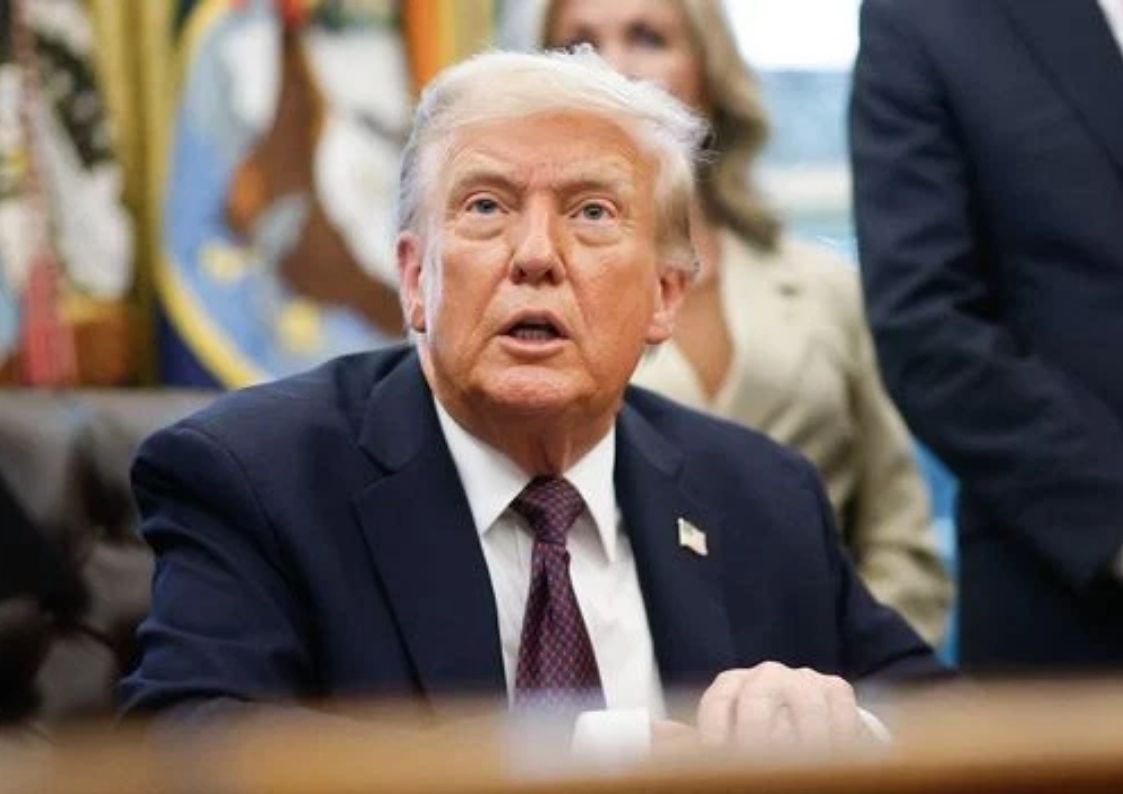WASHINGTON, USA: Former President Donald Trump has announced his intention to designate Antifa as a “major terrorist organisation,” a move that has stirred intense debate across political and legal circles in the United States. Calling the group a “sick, dangerous, radical left disaster,” Trump linked the decision to growing unrest and the recent assassination of conservative activist Charlie Kirk.
Speaking through his social media platform, Truth Social, Trump vowed not only to label Antifa as a terrorist entity but also to pursue investigations into those who fund it. He claimed that the action will be taken under “the highest legal standards and practices,” though he provided no clear framework for how such a designation would operate under U.S. law.
The challenge, experts say, lies in Antifa’s structure. Unlike formal organisations, Antifa is a loosely connected movement without central leadership or a clear hierarchy. This decentralisation makes it difficult to apply terrorism laws, which traditionally require a defined organisation for enforcement.
Civil rights advocates have also raised concerns, arguing that such a designation could blur the lines between legitimate dissent and criminal activity. U.S. law has typically reserved terrorism designations for foreign groups, and extending this to domestic movements could spark serious constitutional challenges, particularly around free speech and the right to protest.
The announcement comes amid heightened political polarisation in America, with Trump seeking to frame Antifa as a central threat to national security. Supporters of the move see it as a necessary step to curb violence, while critics warn it risks weaponising state power against political opposition.
Observers suggest this decision could mark a new chapter in how domestic protest movements are policed and prosecuted in the United States. If carried through, the impact on civil liberties and political activism could be profound.
This story has been reported by PakTribune. All rights reserved.



